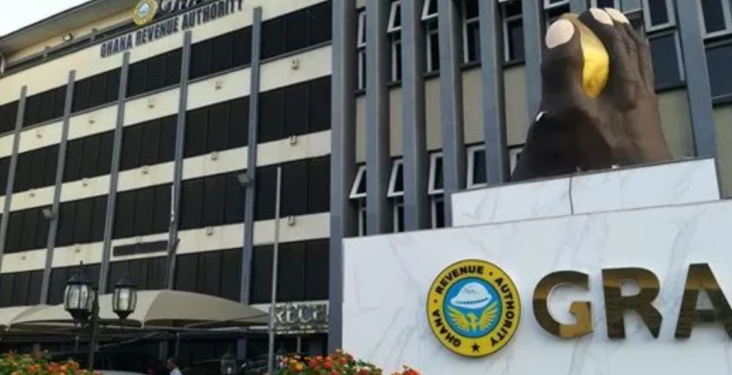The Accra High Court has given a historic verdict on Maersk Drillship IV Singapore’s tax assessment, concluding that its revenue from its Ghanaian Permanent Establishment is assessable and rejecting the company’s claim of exemption under the Petroleum Agreement.
The entire amount of money involved is a significant $15.5 million ($15,513,221.16) in tax income.
This includes $12.8 million in direct taxes ($12,805,543.20) and $2.7 million in indirect taxes ($2,707,607).
In terms of specific data, GRA has established an official exchange rate of GH₵11.5668 to the US dollar.
The entire tax income of $15,513,221.16 is converted to GH₵179.4 million (GH₵179,438,326.513488) using this conversion rate.
The court, which included Justices Mrs Janapare A. Bartels-Kodwo, Alex Poku-Acheampong, and Jerome Noble-Nkrumah, handed down the decision in response to an appeal brought by Maersk Drillship IV Singapore.
The court addressed critical problems such as ascertaining whose party’s income was being assessed, the assessability of the revenue, and whether the money was excluded from income tax under Ghanaian law and the Petroleum Agreement.
The assessed revenue, according to Maersk Drillship IV Singapore, was connected to its business activities and so free from additional taxation, citing rules in the Petroleum revenue Tax Act and the Petroleum Agreement.
Read Also: Food prices have dropped drastically in recent months – Agric Minister
The Ghana Revenue Authority (GRA) disagreed, claiming that the disputed income belonged to Maersk Drillship IV Singapore as a separate business from its Ghanaian registered external company.
The High Court decided that the revenue in dispute was that of Maersk Drillship IV Singapore, a different legal entity from its Ghanaian Permanent Establishment, after assessing the circumstances and applying the legislation.
The court determined that this revenue, which was remitted by its Ghanaian Permanent Establishment, is taxable under Section 3 of Act 896.
The court further stated that non-resident entities making revenue through a Ghanaian permanent establishment are liable to Ghanaian income tax under Section 3(2)(b) of Act 896.
Because the money in dispute emanated from Maersk Drillship IV Singapore’s Ghanaian permanent settlement, Section 3(2) (b) of Act 896 naturally applies, making the income taxable under the money Tax Act.
Maersk Drillship IV Singapore asserted that, under the Petroleum Agreement, a portion of its commercial profits withheld by its contractor incurs no additional tax liability.
GRA responded by noting that the shareholders of Maersk Drillship IV Singapore are being taxed, and that branch profit taxes do not apply to the firm or its owners.
The court clarified that the revenue subject to taxation did not apply to Maersk Drillship IV Singapore, but rather to its Ghanaian Permanent Establishment, a different legal company.
According to the verdict, the money made by the Ghanaian Permanent Establishment is not subject to additional taxes under the Petroleum Agreement when earnings are sent to its parent firm.
The court, however, stated that a non-resident entity earning income from a Ghanaian permanent establishment is earning income as defined by Section 3(2)(b)(ii) of Act 896, and thus Section 60 of Act 896 applies, making Maersk Drillship IV Singapore’s income from repatriated profits of its Ghanaian Permanent Establishment liable to branch profit tax.


























